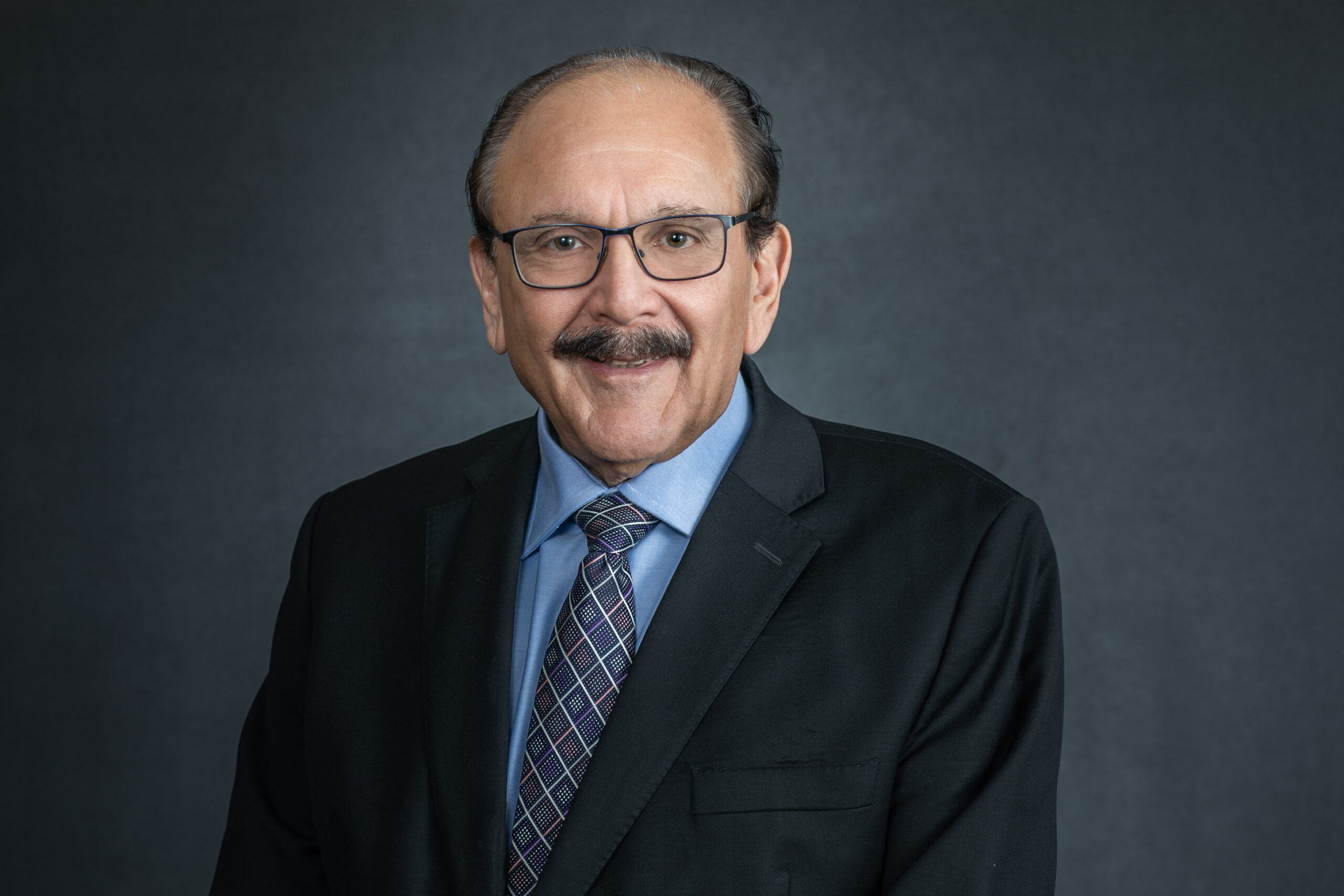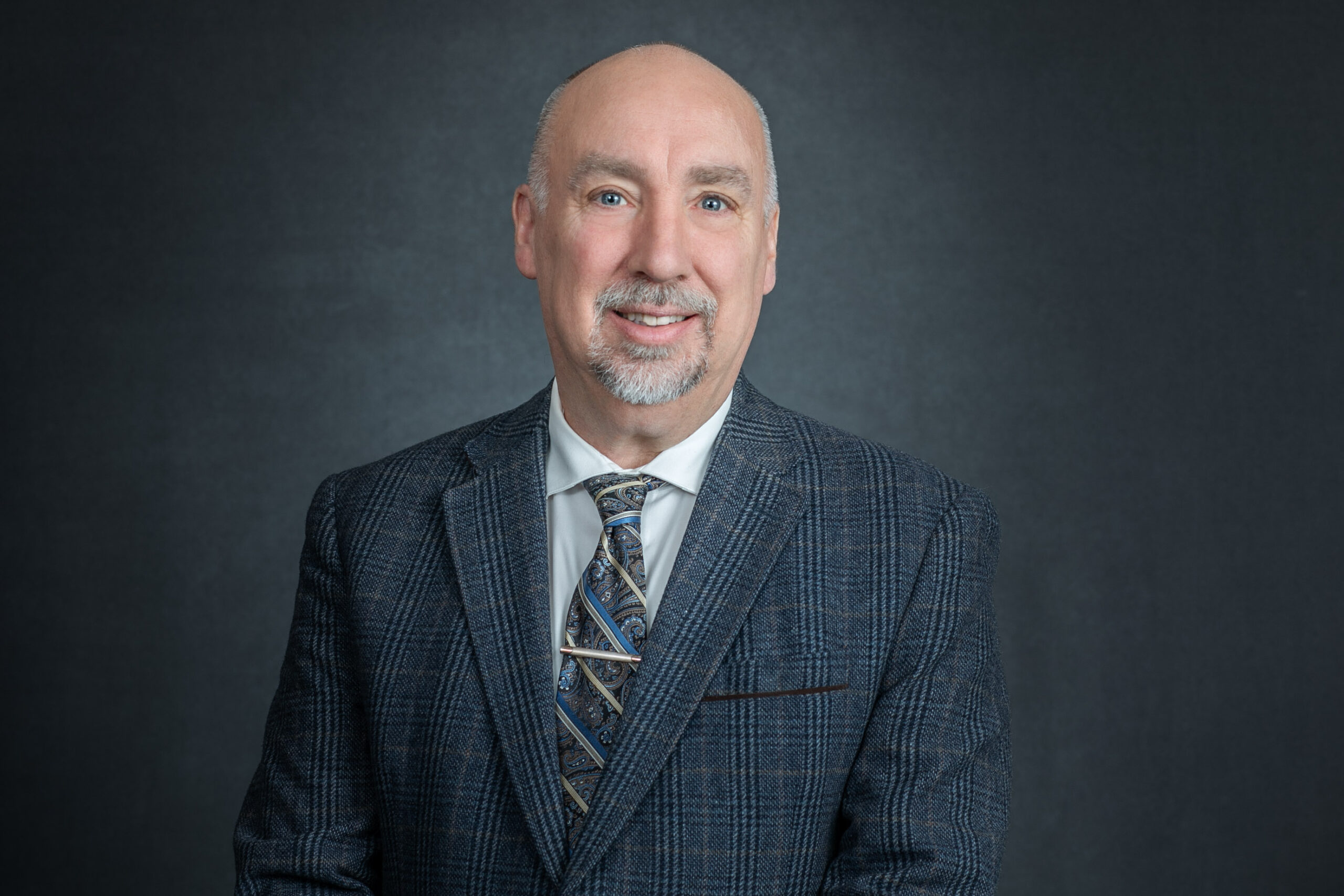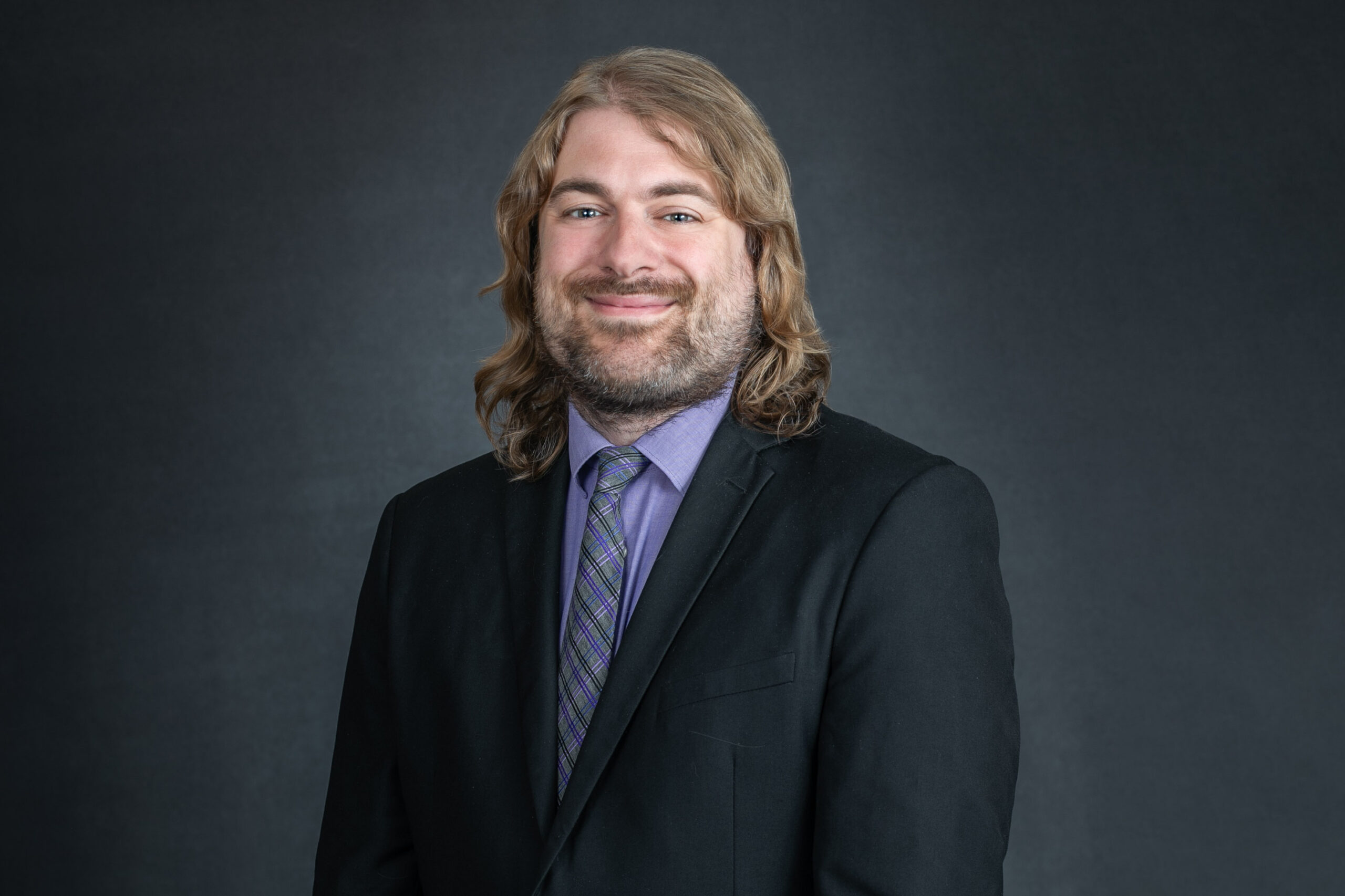Chapter 13 Bankruptcy: Reorganize Your Debts While Keeping Your Home, Car And Assets
With Chapter 13 we can stop foreclosures, evictions, and repossessions while you’re put on a payment plan to catch up on missed payments. We can reduce payments to credit cards, modify interest rates, and much more. The legal team at Gudeman & Associates, P.C., can navigate you through the Chapter 13 process so that you can stay in your home, keep your car, and get back on a sound financial track.
Chapter 13 – Some Basics
Chapter 13 is a “reorganization” chapter of the Bankruptcy Code (along with Chapter 11 and 12). This reorganization is done through a payment plan over a period of three to five years. Payments are made to a Chapter 13 trustee who disburses those payments to your creditors.
Debts are reorganized by (1) curing, or (2) modifying claims. This ability to cure and modify debts is what allows the client to keep their home, car, and other property by getting caught up, while modifying credit card and other unsecured debts. You cannot reorganize under Chapter 7.
We “cure” claims that are in “default” (i.e., you’ve fallen behind in payments). This would apply to your home or car, or other secured debts or lease payments. The idea is that you continue to make the regular monthly payments while paying extra to catch up over time on the missed payments. Many clients are in a Chapter 13 precisely because of this ability to cure home and car payments.
We can also “modify” claims in a manner of ways. We can re-amortize claims. We can lower interest rates. We can bifurcate secured claims according to the value of the collateral (think, cars) – which may allow us to pay much less on such claims.
When it comes to paying your unsecured claims (credit card, medical bills, etc.), you may be able to pay a fraction of these claims and have any unpaid balance discharged at the end of your repayment plan. However, there may be a minimum amount that needs to be paid on your unsecured claims based on (1) how much disposable income you have, and/or (2) how much equity you have in your assets. Obviously, your situation needs to be analyzed when it comes to how much you will pay back to your unsecured creditors.
Importantly, tax claims can also be dealt with through Chapter 13.
This introduction is just a snapshot. There are other benefits, limitations, and exceptions when it comes to Chapter 13. Chapter 13 is complex and there are many other benefits, limitations and exceptions. You need a skilled attorney to guide you through the maze of the rules and requirements that need to be followed. At Gudeman & Associates, P.C., our experienced and creative bankruptcy attorneys have guided thousands of clients through the Chapter 13 process. Our Chapter 13 attorneys in Royal Oak, Michigan, can advise you on all aspects of Chapter 13 – give us a call.
Reasons To File For Chapter 13
Chapter 7 is preferred by most clients because it is the faster solution for eliminating debts. However, Chaper 7 also has limitations, especially for those who have fallen behind on their mortgage or car payments and need to catch up. If you are facing foreclosure or eviction we can stop foreclosures, evictions, garnishments, and repossessions; getting you back on track so that you can keep that roof over your family’s heads. Watch our short video and then give us a call.
The Chapter 13 Plan
We said above that Chapter 13 involves a plan of repayment and you make payments to a Chapter 13 Trustee. The follow-up question we get most often involves how much is to be paid to the Chapter 13 Trustee.
Here are the general rules in the Eastern District of Michigan for how your payment is determined:
- A budget of your income and expenses is put together. Some of your income goes to make payments to creditors and you keep the rest to cover your regular and necessary expenses such as food, utilities, gas, clothing, etc.
- You can continue to make home and car payments directly to the creditor if you were current on those payments when we file your bankruptcy case. This saves money on trustee fees.
- However, if you are behind on home and car payments, those payments are made to the Chapter 13 trustee and include an amount sufficient to pay back the arrearage in payments.
- You must pay an amount to the trustee that covers all other secured and priority claims that must be paid, as well as administrative fees (attorney and Trustee fees)
- Any “disposable income” generally goes to the unsecured creditors and is included in your plan payment.
Free Consultation
We offer a free consultation for the first half-hour – which is usually more than enough time to promptly evaluate your case.
CLICK HERE TO SCHEDULE YOUR FREE CONSULTATION
Convenience – In Person, Over The Phone, Zoom
We like meeting people certainly enjoy meeting our potential clients in person. However, sometimes taking time off from your busy schedule isn’t so easy. For those who live and work a little farther from our office, or have trouble getting out due to medical conditions, we can do the consultation over the phone or by way of Zoom. Nowadays, we can prepare your bankruptcy filing and send and receive required paperwork electronically.
Technology allows us to now meet virtually and we service the entire Eastern District of Michigan.
We are also admitted in the Western District of Michigan and have had clients from that side of the state as well.
How Attorney Fees Work In Chapter 13
The good news is that there should be no surprises for the client because the Chapter 13 procedure is the same for all attorneys here in the Eastern District of Michigan. An initial retainer may or may not be charged (and later applied to the bill). Attorney’s fees are charged by the hour and the fees must be approved by the bankruptcy court at various points. The attorney fees are rolled into your plan payments and the Chapter 13 trustee then pays the attorney from the plan payments you make. That’s it in a nutshell. We know of no attorney who charges a flat rate given the amount of time (three to five years) that a client is usually with their attorney.
The only exception is the following: For the time period from filing your case until your plan is “confirmed” by the bankruptcy court the attorney may accept a court and trustee approved “no look fee” of $3,500 for a non-complex “typical” case – rather than file an application for his fees. If the attorney spends more than $3,500 worth of time, the attorney can opt to file a fee application for the higher amount. Again, this is only for the “pre-confirmation” time period and does not mean that an attorney’s fees are limited to only $3,500. Fees for services “post-confirmation” are billed normally.
For the client this means it comes down to the quality and experience of the attorney hired. Here at Gudeman & Associates, P.C., our chapter 13 bankruptcy attorneys near you in Royal Oak, Michigan, have done it all and have handled the most difficult Chapter 13 cases. We know our way around the bankruptcy code and find creative ways to get our clients through the Chapter 13 process and get them their discharge.






